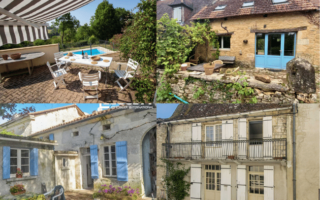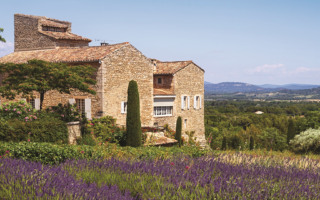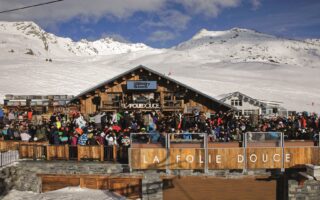How to find a dream home in France without leaving your sofa
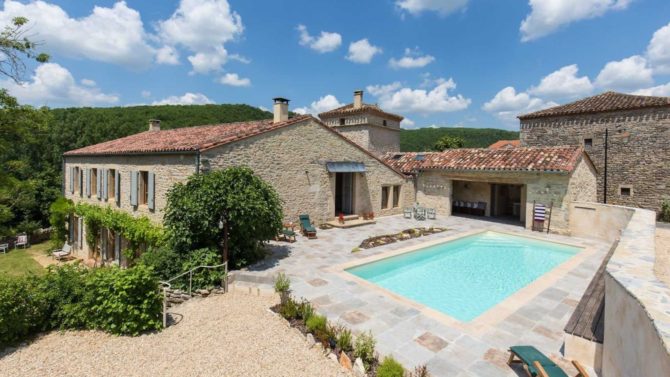
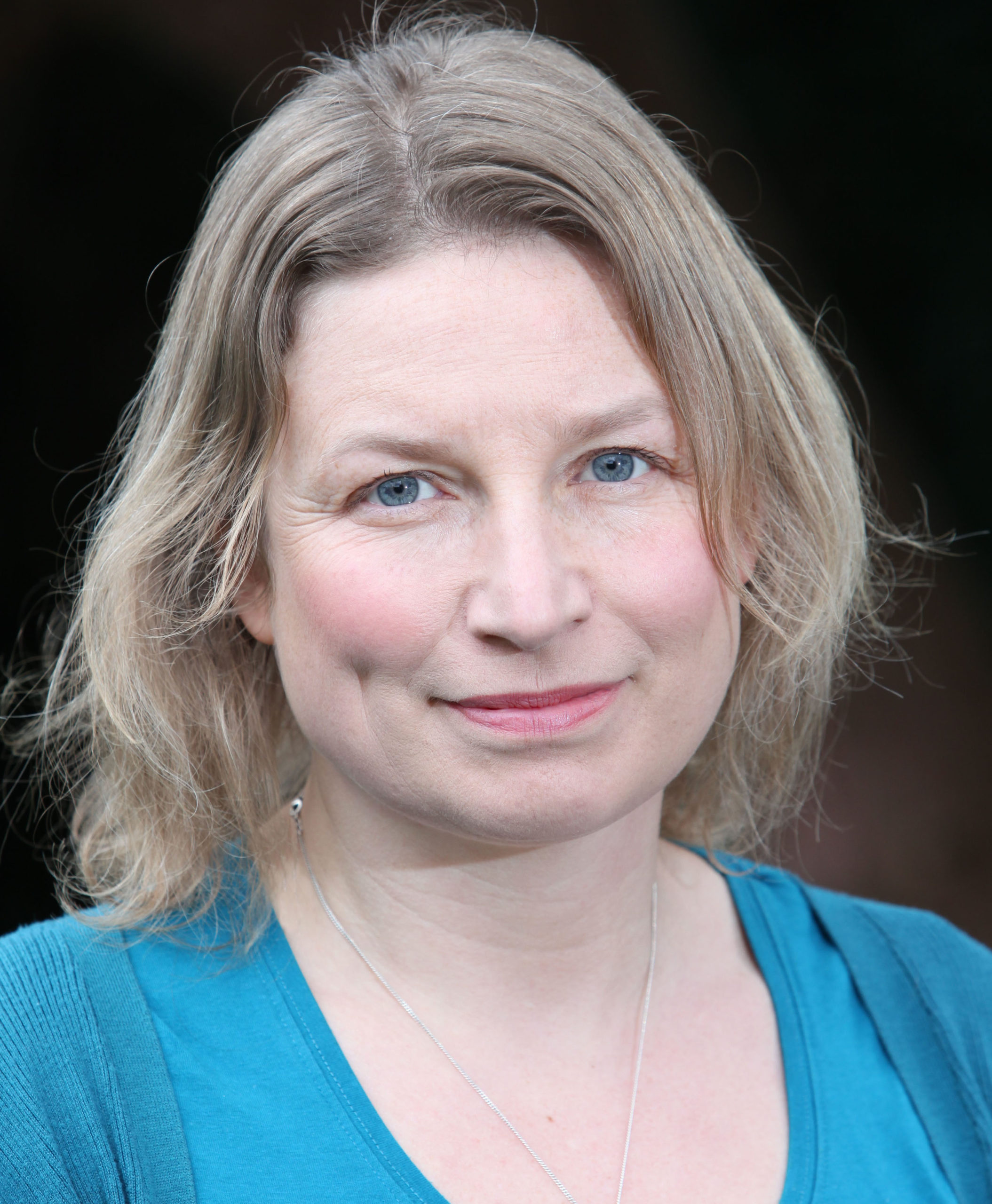
You may not have the time, money or energy to go househunting in France right now. But that doesn’t mean you can’t find your dream home there.
Thanks to the rise in virtual viewings and e-contracts, it’s even possible – though not necessarily advisable – to go through the entire process of buying a property in France remotely without physically being there!
Pandemic or not, it’s worth doing a lot of your research from home, unless you’re happy to do multiple trips to explore at your leisure. Use these tips, online tools and articles to nail your search area and make a hot property shortlist so that when you arrive in France you can hit the ground running.

Narrow your search area
If you don’t really know France, start by getting a feel for the different French regions and what they offer.
Perhaps you know your dream search area well from happy summer holidays. But will you be spending winters there in the future? If so, check out the winter climate and be mindful that shops, restaurants and services may close or scale down out of season.
Remember climate is not just about how far south you are but how far east/west and how close to the coast/mountains. Microclimate factors such as exposure to coastal winds also come into play.

Might you retire to your holiday home in the future? If so, think about the proximity of amenities and find out if they are available all year round. Will that five-mile bike ride to the nearest supermarket still be fun when you actually live there full-time or would you be happier being in a town with shops and services on your doorstep?
Is price the main factor? Check out this interactive map by the Notaires de France to see average property prices in different communes, departments and regions. You may also like to check out the cheapest and most expensive departments in each region.
If you have a budget of €100,000 or less and dream of an old farmhouse with land, you might want to look in rural central Brittany, Manche in Normandy or in the Limousin – particularly Creuse. Charente and Deux-Sèvres are also full of beautiful bargain properties and tend to be cheaper than Charente-Maritime and Vendée, yet still not far from the coast. Dordogne is surprisingly affordable, especially outside the touristy Périgord Noir, but Corrèze is generally even cheaper and has just as many beautiful villages. For a budget property near Mediterranean beaches, consider the department of Aude, particularly west of Perpignan, or around Béziers in Hérault. Finistère has some showstopping sandy white beaches with good value property nearby.
Don’t despair if you can’t stretch to a home by the sea. France is full of exciting rivers (especially in the Massif Central) and bathing lakes (check out Lac de Vassivière in Creuse), and if you come just a little inland from the seaside, prices tend to drop dramatically.

Are you moving to France permanently or looking for a holiday home? How often will you want to come back to the UK (or your home country) and how will you travel? It’s possible to get to (and around) France on public transport without a car but you’re likely to struggle in rural areas.
This atlas shows you the French rail network including the high-speed (TGV) links and you can check schedules or book tickets on the Rail Europe site.
Do you want to be able to zip across to Pas-de-Calais for a weekend or are you prepared to drive or fly a considerable distance? Within a five-hour drive of Calais, you can be in beautiful Burgundy or the lovely Loire Valley. From Caen ferry port, a five-hour drive will bring you to southern Charente but not quite into Dordogne. Beyond here, you might need to consider airports. Some of the major international ones in the south are Nice, Lyon, Toulouse, Marseille, Bordeaux while Bergerac is also popular with British travellers.
Are you planning to rent out your property to other holidaymakers? Check out the competition on short-term rental sites such as Holiday France Direct, Airbnb and Vrbo. As a very general rule, gîtes in the south of France have a shorter, more lucrative, season while gîtes in the north charge less and have longer (if not year-round) seasons.
Ski resorts tend to be a great place to invest in short-term rental property and if the Alps are too pricey, consider the Pyrénées, Auvergne or Vosges mountains.
As well as looking at the tourism websites of different departments, visit the website of the Plus Beaux Villages de France to find characterful communities that your guests will want to visit. Alternatively, you could cater for walkers on one of France’s very popular pilgrimage routes to Santiago de Compostelle in Spain. These pass through beautiful towns and villages, such as Conques in Aveyron.

Research properties online
This is one of the most joyful bits of the process as you’ll find thousands of stunning homes online at reasonable prices. On our property portal francepropertyshop.com, for example, there are currently more than 9,000 properties to browse, most of which are under €300,000, all listed by English-speaking agencies that are experienced working with British buyers.
Renovation work is considerably more costly and time-consuming in France than in the UK and the best artisans are often booked up months in advance, so be realistic about this. Budget French châteaux and other prestige properties have become hugely popular thanks to the hit TV show Escape to the Château. If you’re tempted to snap one up, here are some of the things to think about when budgeting for a château.
If you know exactly where the property is, you may be able to explore the area virtually on Google Streetview and find the plot of land on the French land registry map at cadastre.gouv.fr. By feeding the plot’s unique code (parcelle cadastrale) into this website you may also be able to find out what price the property fetched when it last sold if it has changed hands since 2014.

Talk to agents
It’s best to be frank with agents about your budget as they will know which vendors are happy to negotiate. They may be able to suggest a property that you would have dismissed, thinking it was over budget.
Before the pandemic, it was very common to negotiate on rural properties. However, Covid lockdowns and the rise of remote-working have given the French a fresh zeal for country living, so you may find there is more competition now for stone cottages and old farmhouses, especially if they are within an easy commute of an urban centre.
Expect to be asked by agents how you plan to fund your purchase, as they have a duty of care to vendors to make sure that potential buyers are in a position to proceed. In France it is a legal requirement to obtain this information, and once you’ve proven you’re a serious househunter, you will probably find an agent has more ‘time’ to answer your many questions!
Estate agents in France tend to be unwilling to share the exact location of a property in case you attempt to deal with the owners direct. So, remember to ask what the local environment and neighbouring properties are like. Is there a farm next door, for example? Are there pylons nearby, wind turbines or busy roads? How far away are the nearest shops?
What condition is the property in? Are there known structural issues? Does the property have direct access onto the highway? Are there any rights of way over the land? Is the property near a river or stream that could cause flooding problems?
Most rural properties have their own drainage systems (fosses toutes eaux/septiques). Ask if this conforms to the latest standards; if not it is likely to cost a minimum of €3,000 to put a new one in.
An estate agent should also be able to tell you how much the annual council taxes (taxe foncière and taxe d’habitation) will be. Taxe d’habitation is being phased out for French residents but is still payable for second home owners.
Before you go
Finally, if your heart is set on a particular property, before physically going to France to view it, make sure it is still for sale! It sounds obvious, but because properties are often advertised with multiple agents, sometimes they remain on one agency’s website even though they have already been sold by another. Double-check before departure to avoid disappointment. Bonne chance!
Endnote: title image shows a five-bedroom house for sale in Tarn; €715,000 with Beaux Villages Immobilier (details correct as of 19 November 2021)
Share to: Facebook Twitter LinkedIn Email
More in French property buying guides, French property investment
